Preservation is the process of slowing down or preventing food spoilage.
Chemical preservatives either occur naturally in food or can be an artificial substance added in low quantities during processing.
The type of preservative chosen depends on the product.
Sorbic acid is the most effective preservative against mould, the main cause of baked goods spoilage, but it is an unpleasant material to handle in a bakery environment. So it is delivered in the form of potassium sorbate, which has the effect of extending the product’s shelf life.
Increasing the product’s acidity helps maximise the effectiveness of potassium sorbate, so the concentration can be reduced but still has the same inhibitory effect.
Hannah Earles, bakery technologist, Campden BRI
Campden BRI provides technical support to the food, drinks and allied industries worldwide. Its activities are built on a programme of industrial relevant research and innovation steered by industry. See campdenbri.co.uk or telephone 01386 842000

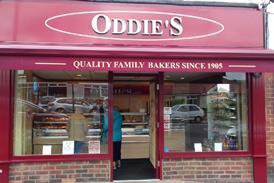

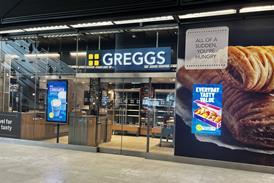


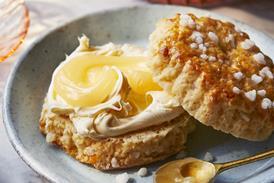
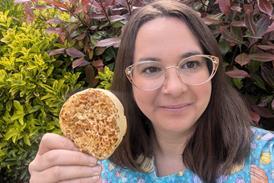
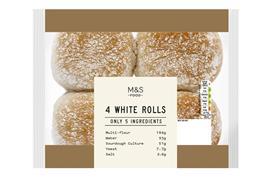
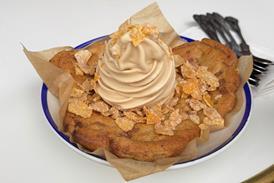


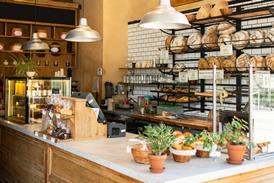



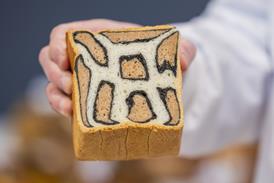

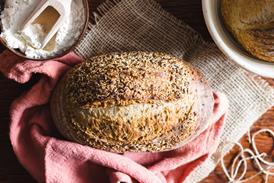
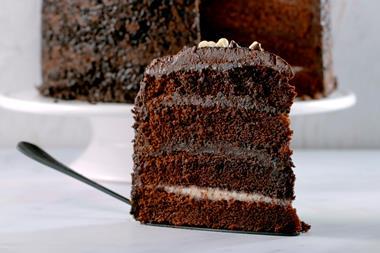
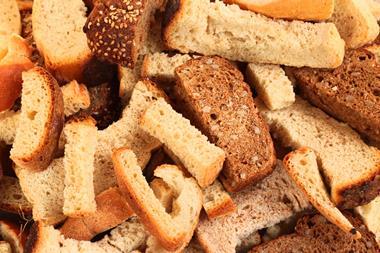
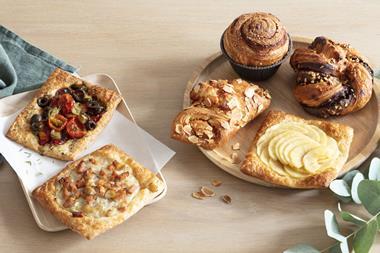


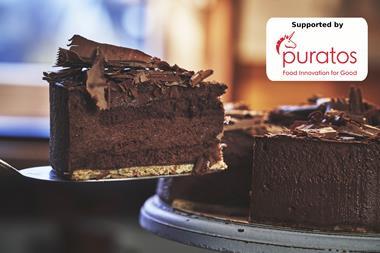





















No comments yet